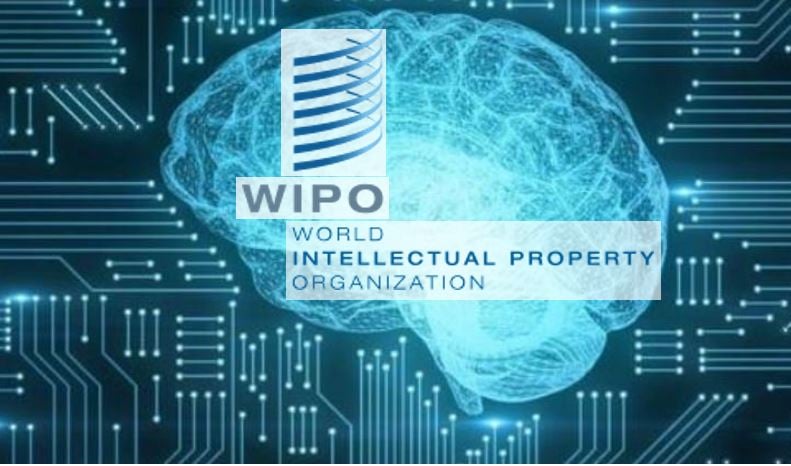
WIPO (World Intellectual Property Organization) says that there has been a huge surge in AI patents. AI is rapidly becoming a part of all our everyday lives. Just a few decades ago, only humans could read handwriting or play chess. Today, AI-equipped devices perform these tasks routinely.
Researchers today are working on ever more sophisticated applications of AI, which will completely change how we work, rest, play, and communicate.
AI stands for Artificial Intelligence. The term refers to software that makes ‘smart’ devices such as computers and robots think like us (humans). The software also makes them behave like us.
WIPO says machine learning is the dominant technique
Many devices with artificial intelligence have the ability to learn as they go along, i.e., learn from experience. They gather and analyze data around them, make assumptions, and adapt and improve. They can do this without human help.
Humans also have this ability. When it exists in AI software, we call it Machine Learning. Neural networks are examples of machine learning.
WIPO says that machine learning is the dominant AI technique, according to patent applications. Machine learning represented in one-third of all identified inventions (143,777 patent documents) in 2016.
The machine learning techniques that are revolutionizing AI are neural networks and deep learning. Given that the term ‘deep learning’ is used for complex neural networks, the two techniques are intrinsically connected.
Between 2013 and 2016, deep learning showed a growth rate of 175% per year. Neural networks grew at an annual 46%.
WIPO Report
WIPO has published a 150-age report: “Technology Trends 2019 – Artificial Intelligence.” Its authors wrote that AI is increasingly driving major developments in business and technology, from medical diagnosis to autonomous vehicles to advanced manufacturing.
The authors added:
“As AI moves from the theoretical realm to the global marketplace, its growth is fueled by a profusion of digitized data and rapidly advancing computational processing power, with potentially revolutionary effect: detecting patterns among billions of seemingly unrelated data points, AI can improve weather forecasting, boost crop yields, enhance detection of cancer, predict an epidemic and improve industrial productivity.”

